Wellbeing for all on a stable planet is possible.
It's time to transform our economic system.
What we do
Earth4All is driving the shift to a new economic paradigm: one that puts people and planet first.
Backed by an international team of scientists and economic thinkers, our work combines science, culture and advocacy to achieve our vision of a world where wellbeing and prosperity are achieved for all on a stable planet.
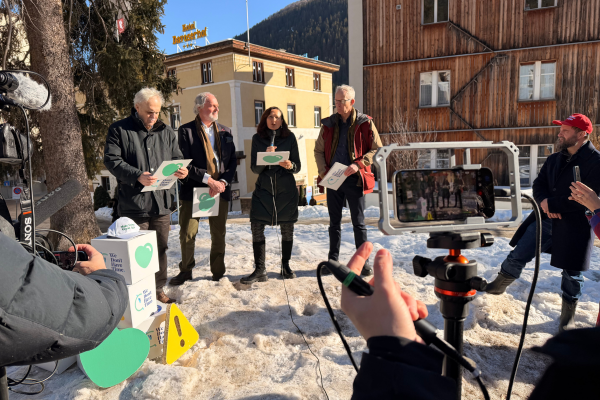
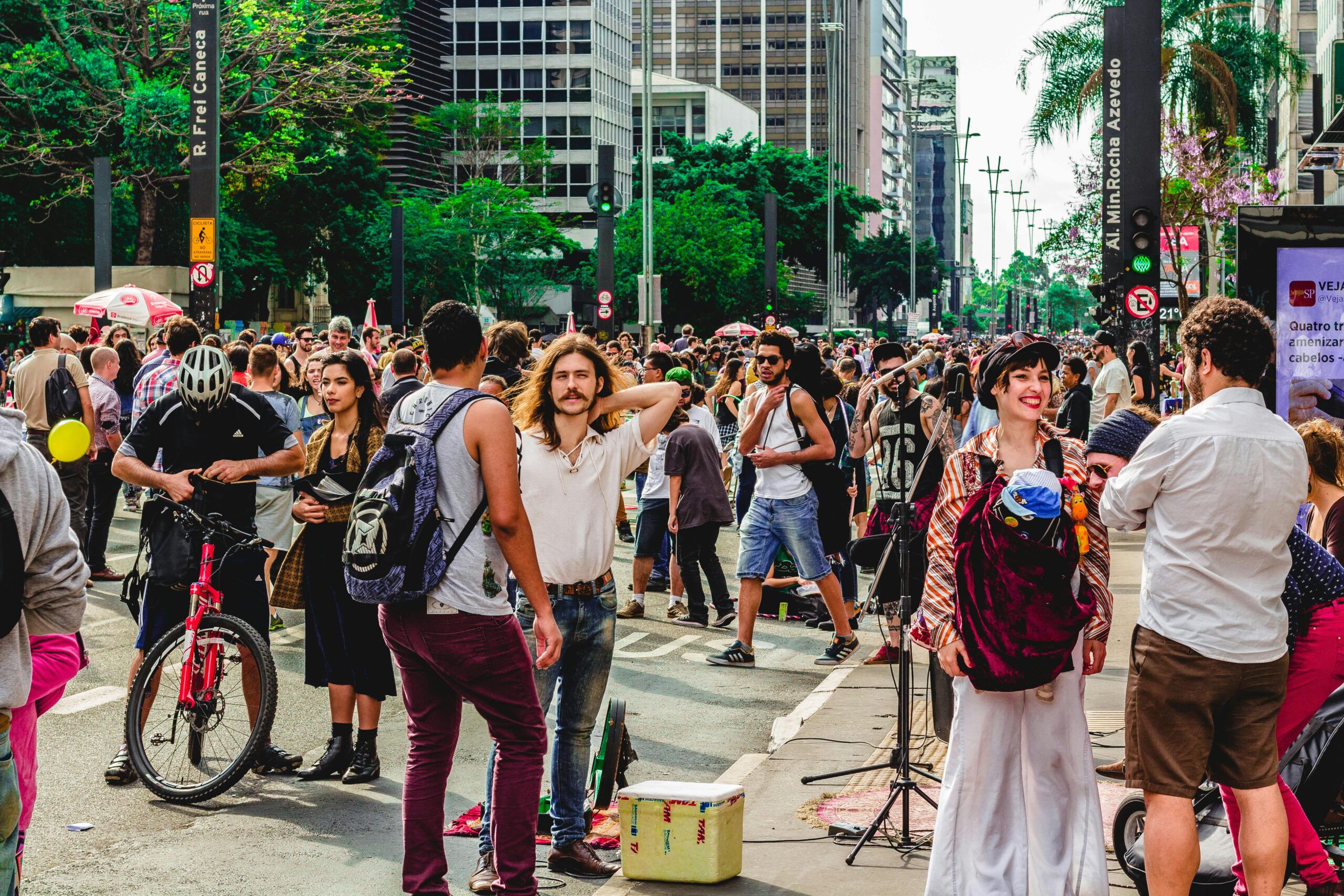

Alternative Davos address: global leaders unveil vision for ‘prosperity within planetary boundaries’
A group of globally respected leaders including Johan Rockström and Sandrine Dixson-Declève have delivered a bold alternative vision of prosperity in Davos today ahead of Donald Trump’s address setting out his own economic agenda at the World Economic Forum.
Ahead of the critical climate summit in Belém, a new report from Earth4All argues that Brazil’s greatest assets in tackling the climate crisis are not only its vast forests and renewable energy potential, but the power of trust and social cohesion.
A new paper by members of Earth4All’s scientific advisory team published today in Global Sustainability models two starkly different futures for humanity this century
We have modelled two possible scenarios
Too little too late
This scenario reflects our current trajectory. What if societies continue at a similar pace, setting incremental goals but failing to take strong collective action? Will we cross irreversible tipping points, threatening the foundations of Earth’s stable climate? Will skyrocketing inequality lead to worsening social tensions?
Giant leap
This scenario assumes societies embark on a new path to a sustainable world by 2050. What if we fundamentally reconfigure our economies, energy and food systems so that they work for both people and the planet? Can we avoid the worst of climate change impacts and increase our societies’ resilience to shocks? Will we succeed in ending extreme poverty, guaranteeing everyone a healthy diet and access to quality education and healthcare?



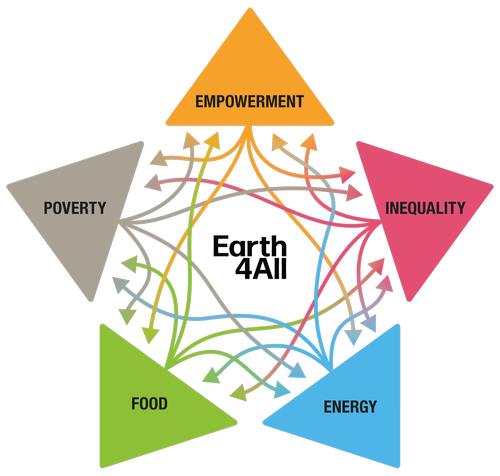
The five extraordinary turnarounds to achieve the Giant Leap scenario
Transformational economics
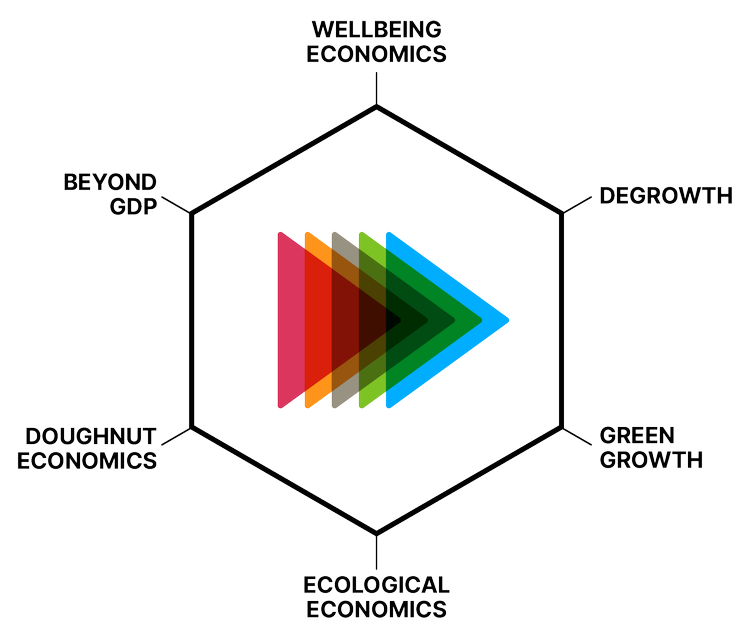
Latest highlights
Explore new publications, data, actions and more.

Four girls, two futures
Discover how the lives of four girls across the world change as they grow up in the Earth4All scenarios.
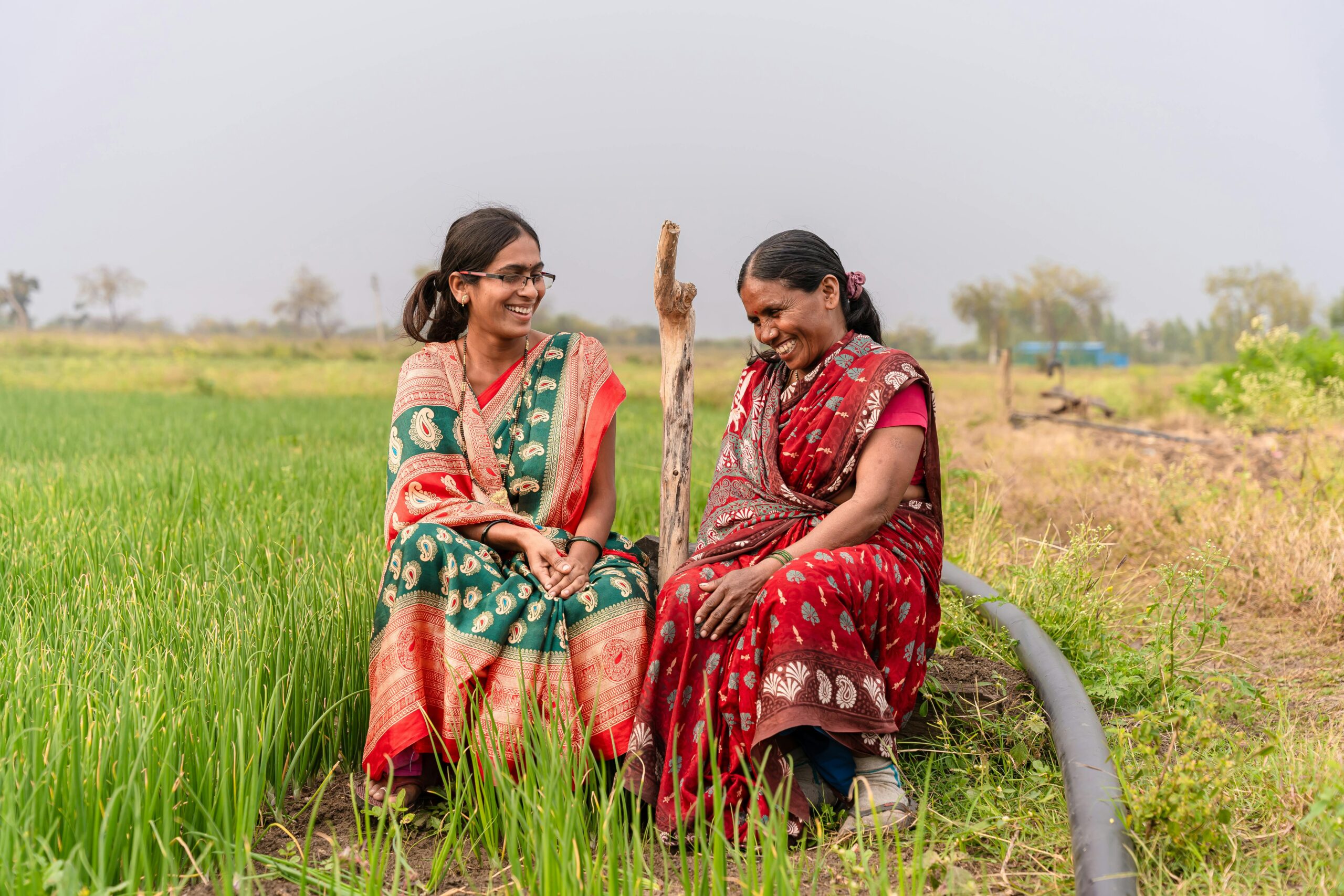
The Earth for All 2024 Survey
What do people think about economic systems change? Our comprehensive survey found out.
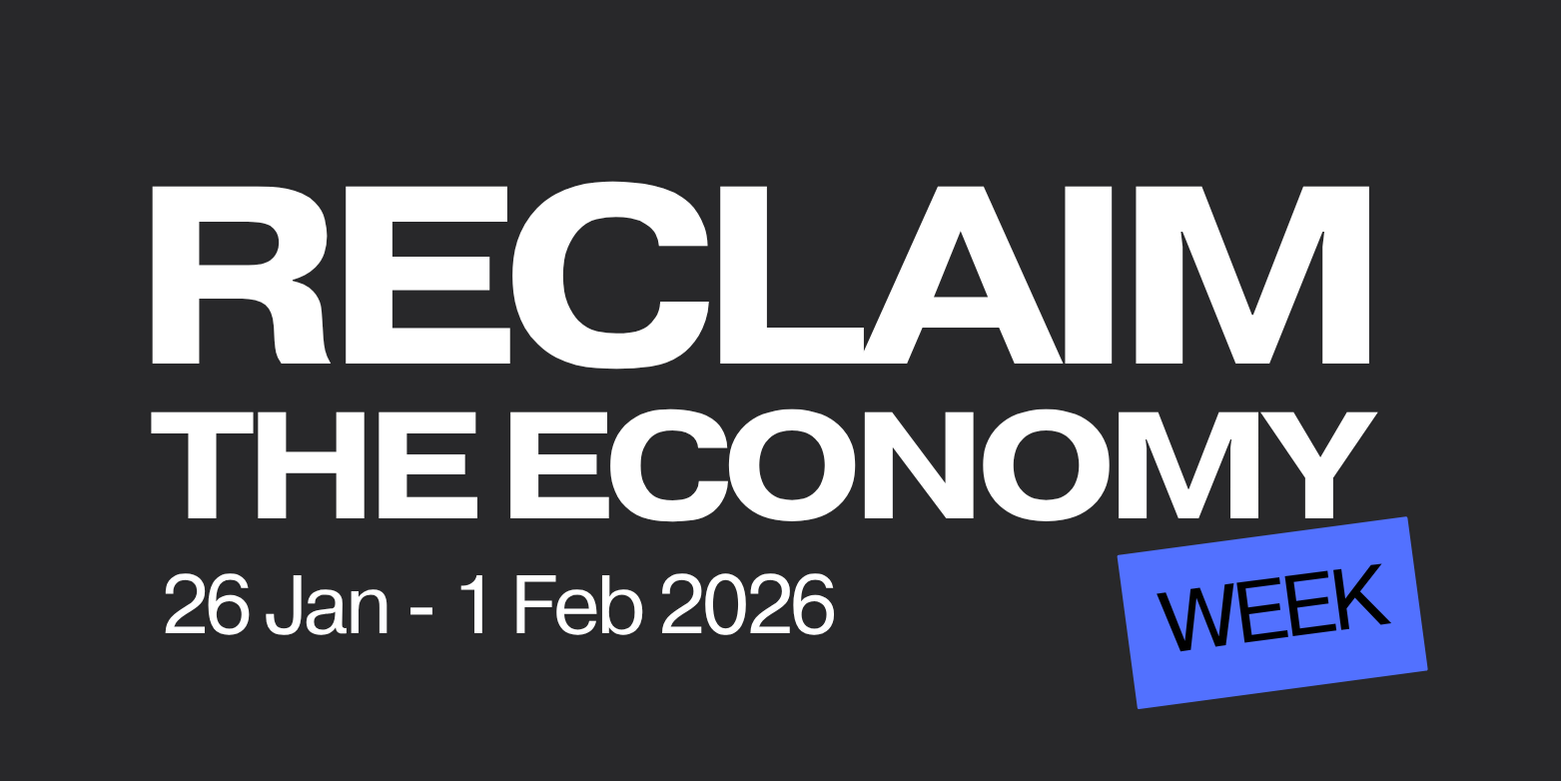
Reclaim the Economy week
Join people around the world to demand an economy that puts people and planet first.
A call to action
Re-programming our economies so that they work for both people and the planet is the solution to today’s major challenges. To make this upgrade a reality, we need governments to implement bold policies aimed at increasing wellbeing for the majority. This is a call to action for governments.
But Earth4All is also a call to action for citizens. By building a chorus of voices in support of the five extraordinary turnarounds, we can make politicians listen and take action to drive the needed transformations.
This is why we need bold conversations in every home, every school, every university, every city and every parliament. What is the future we want? How can our operating system get us there?
All of us have a role to play to support the transformation towards a world where everyone and the planet can thrive.
Get involved
If you believe it is time to upgrade our economic system, take action with us today.
